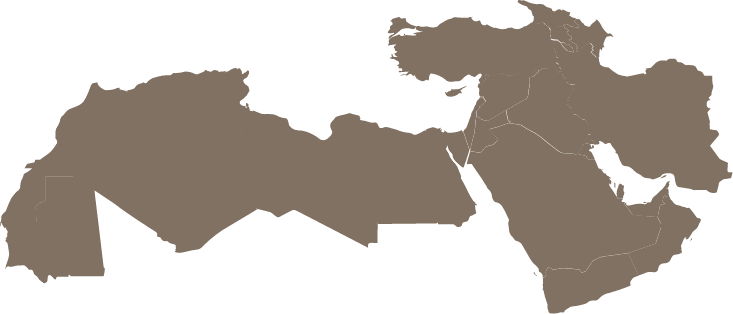Dear Friends,
Greetings of love and peace from Rabat, Morocco.
It’s nearly 11:30 PM. We’ve just arrived back at our hotel and before I go to bed I’d like to share a few high points of this day.
For a little over two hours this afternoon, I was on a Standing Committee conference call, our last call before the Standing Committee meets in the San Francisco Bay Area beginning on Friday, 8 July. As soon as the call was over, I was on a bus with many other URI colleagues for a lengthy trip to our assembly site – The Moroccan Red Crescent Center. The center is beautifully located one block from the Atlantic Ocean at Mahdia Beach, but turns out to be an hour+ drive from our hotel, which is considerably longer that originally imagined.
Once at the center, we had the opportunity to meet informally with other colleagues, including about 20 MENA and Europe young leaders who are participating in a special training session, before the formal opening session of the assembly – The Role of Interfaith Cooperation in Immigrants’ Integration – took place.
After a brief welcome by URI MENA regional coordinator, Mamoun Khreisat, during which he noted as a major achievement that this is the first URI MENA assembly to be held outside of Jordan, we heard remarks from Mr. Driss Khrouz, who is head of the Anna Lindh Foundation’s Moroccan Network, a major sponsor of this assembly. Mr. Khrouz spoke in Arabic, so I wasn’t able to understand his full remarks, but in his brief summary, Mamoun reported these insights:
- It’s important to understand the culture of immigrants
- It’s important to understand that immigrants are one expression of globalization
- Religions can play a vital role in supporting effective immigrant integration
I spoke after Mr. Khrouz. After thanking the URI MENA leadership for their remarkable effort in planning and producing this conference, and the Anna Lindh Foundation for their strong support, I welcomed everyone on behalf of URI’s Global Community, extending a special greeting from Yoland Trevino, our Global Council Chair, who is known to many people here. If Yoland were here, I said, she would offer the greeting of her Mayan people, which translated means – You are in me and I am in you. This, I offered, is an essential perspective to hold when we think about immigrant integration. I also offered that it’s important to remember that we all are immigrants on this Earth during our lives here; and that a critical part of our shared work is to imagine a future that manifests the oneness of humanity and the whole Earth community, and to give our best to help that oneness become a living reality.
Shlomo Alon, Global Council Vice Chair and MENA Trustee, gave the final remarks. An Israeli Jew, he noted his devotion from age 14 to learning and then teaching Arabic, believing that an essential part of peace is being able to speak to your neighbors in their language. He noted that Morocco is a good model of coexistence; and the MENA is well on its way to becoming a model region for URI.
We adjourned for a delightful dinner, followed by some free time that found me in a small group standing on the beach as the western horizon glowed in the fading crimson of twilight and the Atlantic Ocean washed over our feet. It’s easy to feel one in that setting and with such good company.
Tomorrow morning will come early and tomorrow is a full day, so I will sign off now, wishing you all every blessing.
Faithfully,
Charles

